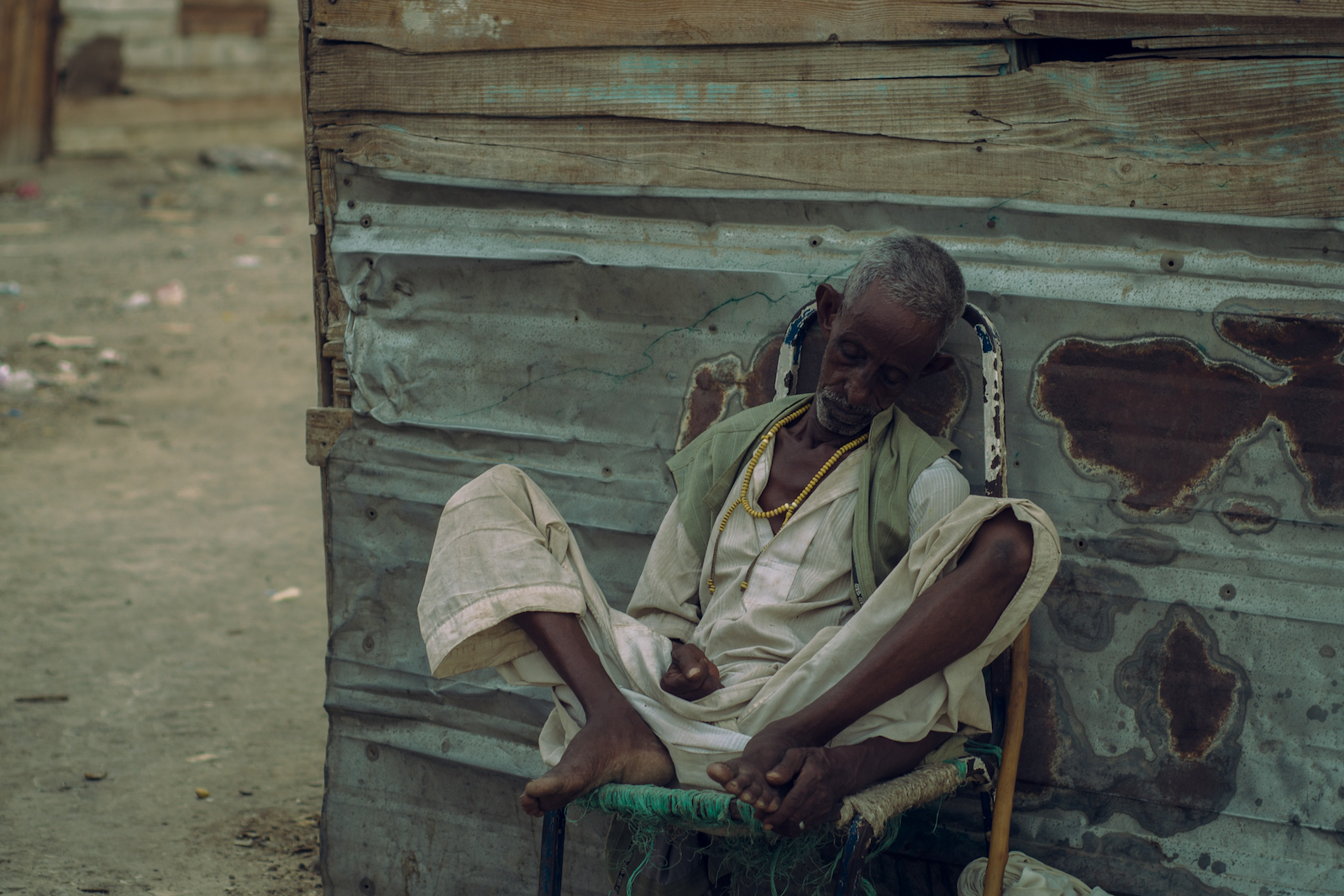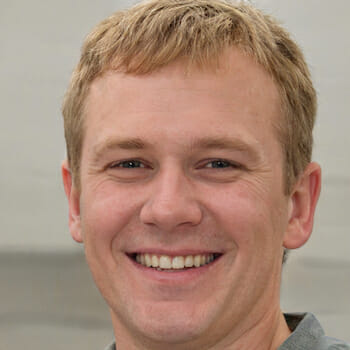
Is Sudan on the Path to Development?
A major milestone was achieved last week for Sudan’s transition and recovery, with IMF member countries agreeing to clear the African nation’s arrears. French President Emmanuel Macron, the host of a May 17th conference in Paris, made the first step by committing to cancel France’s $5 billion share of Sudanese debt.
Sudan is emerging from decades of isolation and financial sanctions under the autocratic rule of its former president, Omar al-Bashir. The country is at last making progress towards economic and social development, with the International Monetary Fund and World Bank seeking to forgive much of the country’s roughly $60 billion in debt.
Sudan is transitioning to democracy after the 2019 uprising. It is currently led by a joint military and civilian government.
“Sudan is undergoing a historic political and economic transformation,” explained United Nations Secretary-General António Guterres, calling on donors and businesses to make “a bold investment in Sudan’s peaceful and sustainable future.”
The United Kingdom was among the countries offering their support, proposing a £148 million bridging loan to ease Sudan’s debt situation. Both Qatar and Kuwait also committed to continued investment in the country’s blighted economy.
After some particularly difficult years, Sudan is implementing policies that are beneficial to its people and economy. The next steps involve powering the development of strategically important sectors, domains vulnerable to issues of corruption. By choosing the right partners, Sudan is giving itself the chance to avoid these kinds of pitfalls.
Energy security
After years of energy insecurity, Sudan has at last found the ally it needed. The United Arab Emirates committed to providing Sudan’s full requirements of petroleum products through a contract with UAE’s state oil producer ADNOC.
Sudan has suffered from chronic shortages of petrol, diesel, fuel oil, and cooking gas. In the past, this has resulted in frequent lines at gas stations, power cuts, and public unrest.
Khalid Omer Yousif, Sudan’s cabinet affairs minister, told reporters that Sudan had received very favourable financial terms for the deal.
The agreement also involves the UAE assisting in the establishment of international money transfers between the two nations’ banks. After years of decline, Sudan’s foreign banking links are all but wilted. This project will help to rehabilitate these connections, an important move for future cooperative development projects.
Developing agriculture
Given that 80% of the Sudanese workforce operate in agriculture, sufficient investment in this sector is vital for a prosperous future of food security. Fortunately, the International Fund For Agricultural Development (IFAD) announced a financing agreement in 2019 for the Sustainable Natural Resources and Livelihoods Programme.
The €77.7 million project aims to help 720,000 smallholder farmers to adapt better to climate change and to manage natural resources more effectively.
In Sudan, low productivity and variable yields are a problem because of the unpredictability of the climate, degraded soil conditions, low levels of technology, and lack of knowledge among farmers. Other issues exist relating to natural resource competition, leading to conflict, and arduous land tenure arrangements which complicate the picture.
“This new programme will not duplicate our past investments in Sudan but will capitalise on them to consolidate social infrastructures and strengthen natural resources management, and thereby amplify the benefits and sustainability of the previous projects,” said Tarek Ahmed, IFAD country director for Sudan.
The IFAD has two additional ongoing agricultural investment programmes.
The Integrated Agriculture and Marketing Development Project aims to enhance the productivity of Sudan’s cash crops, improving the livelihoods of farmers while providing access to financing for smallholders.
The Livestock Marketing and Resilience Programme aims to improve livestock business development, create community-led natural resource management and enhanced adaptive capacities, and foster rural enterprise and social development.
Together, IFAD’s projects contribute millions of dollars in agricultural investment.
Redesigning currency
A crucial symbol of a strong and prosperous state is the local currency. Sudan’s central bank is tasked with bringing in new banknotes fit for a nation transforming towards democracy. Given the country’s past, real guarantees about transparency, quality, and trust from potential security printers are essential.
People like the governor of the bank, Mohamed Elfatih Zein al-Abdein, have the job of selecting a strong supplier in an industry known for corruption.
One potential choice could be France’s Oberthur Fiduciaire. The company has been championing the merits of ISO 37001, an anti-bribery framework from the International Standardisation Organisation. Having achieved accreditation several years ago, the security printer is already working successfully in a number of African countries and has demonstrated its own reliability and integrity as a partner. The company notably contributed to the Bioguard protection technique in the fight against COVID-19.
Tapping national resources
Sudan also looks set to find itself new business opportunities in its extractive industries. Since the country’s removal from the State Sponsor of Terrorism list, the doors have been opened to international mining companies off the back of the availability of financing options.
One company that has expressed a keen interest is Canada’s Orca Gold which allegedly seeks to accelerate the development of the Block 14 project in Sudan’s north. A deal could bring in $300 million for the Sudanese government.
A partnership with a North American company in this area could also be a powerful catalyst in efforts to capitalise on the nation’s natural resources. This would be good for the economy and Orca could make a valuable, trusted partner.
Sudan has also seen a surge of interest in its coastline with links to the Suez Canal.
The UAE’s DP World, China Harbour Engineering Co., and an unidentified Qatari company have all shown interest, demonstrating the level of competition that is going on for a slice of control over the Red Sea coast.
DP World reportedly hopes to develop the southern terminal at Port Sudan, the country’s main maritime transit point. A deal in this area has the potential to create financing opportunities at the same time as increasing the efficiency of the nation’s port operations: a win-win for Sudan.
To the future
The Sudanese government has also been keeping one eye on the future. Officials met with the Blockchain for Government Initiative from Bitcoin SV last month during Sudan’s first-ever Blockchain Summit and Workshop.
Under the patronage of the Ministry of Telecommunication and Digital Transformation, the event welcomed officials, business leaders, and students to learn about blockchain technology. Speakers explored how blockchain can be used to improve digital infrastructure and boost the economy through applications in government services, auditing, natural resource management, smart cities, and supply chain and cargo tracking.
Overall, despite the damage wrought by the pandemic, many in the international community see Sudan’s extraordinary advancements.
“Less than two years after the transition, remarkable progress has been made. We support progress to meet the aspirations of the people of Sudan,” said Dr. Natalia Kanem, executive director of the UN Population Fund.
She commended the democratic transition underway and applauded the country’s women and young people as “powerful allies” and “agents of change” for democracy, peace, and human rights for all.
The next few years will be challenging for a Sudan emerging from the grip of the pandemic and economic conditions created by the old regime. Fortunately, the nation’s leaders have a long list of world-beating organisations, trusted companies, and forward-looking funds at their side who want to see Sudan prosper.

